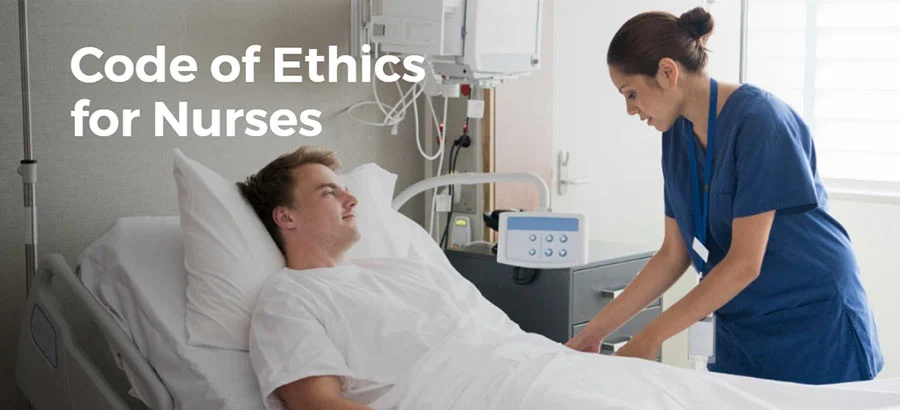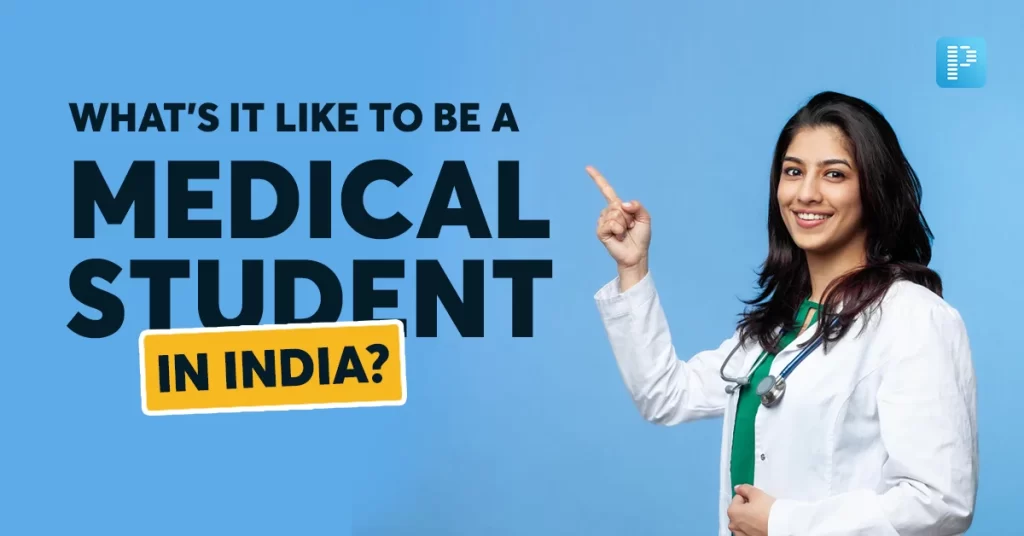Introduction
Where medical education is not just about knowing the human body and diagnosing a disease, but also an ethical mindset to address people compassionately and responsibly. As a medical student, you acquire not only clinical skills but gain in-depth knowledge about medical morals to be truly competent and empathetic health service providers.
We will discuss in this article what medical morals are, why they are important to every one of the students in medical school, and how they determine the future of healthcare. We’re going to discuss some of the ethical principles, the dilemmas that you face as a medical student, and how to navigate those situations effectively while being professional in integrity.
1. Understanding Medical Morals
Medical ethics, or medical morals, is the consideration of the values and principles that inform the behavior of healthcare professionals. The medical morals form the basis of healthcare, and they are what ensure that the treatment offered to the patient is in the best interest of patients, while being treated with respect and dignity.
Medical morals to every medical student are very essential; this would mean learning to put patients first by first ensuring their safety, showing respect, and dealing with sensitive situations in a compassionate and professional manner.
2. Importance of Medical Morals for a Medical Student
Being a medical student means engaging with the complex aspects of care to the patient from day one. For the medical student, medicine morals work almost like a compass that should always guide you towards difficult decisions without really having any answer. Therefore, developing a sound moral foundation is therefore crucial because:
Trust of the Patient: The patient needs to trust a health care professional that he or she is being taken care of to be acting in their best interest. The ethical approach cannot be achieved without proper, as a medical student can’t gain the patients’ trust.
Institutional Integrity: Maintaining the wholeness of the institution, there are medical morals that every medical student needs to uphold. As a medical student, it is necessary for him or her to develop the reputation of someone ethical and honest.
Management of Ethical Issues: A practicing clinical student may also be faced with some problems of the rights of the patient to privacy vis-à-vis the need to protect public health. Medical morals will play a very discouraging role in any kind of decision on such issues.

3. Basic Principles of Medical Ethics
For a medical student to become a practicing physician, they must be in command of the basic principles of medical ethics. These principles are the basis for ethical decision-making in health. Let’s take a glimpse:
3.1 Autonomy
Autonomy is respecting the patient’s right to make decisions regarding their health issues. As a medical student, you respect and acknowledge that the patient is in charge of their treatment and it is your duty to counsel, advise, and help them do so without coercion. This also includes understanding the patient’s cultural backgrounds and personal beliefs that sometimes challenge your values.
3.2 Beneficence
Beneficence is the duty to act in the best interest of patients. For a medical student, beneficence would mean that the interests of patients should come first and take all the skills and knowledge that would be used for them.
3.3 Non-Maleficence
Do no harm: it simply means non-maleficence. This is one of the most important principles that every medical student needs to adopt in their minds. It focuses on minimizing patients’ risks of being harmed while undergoing treatment and procedure. A patient should see a medical student as someone whose actions will obviously result in them not coming to harm in any way that would have been prevented.
3.4 Justice
Justice involves giving fair healthcare service. It should be taught to all medical education that each patient should receive equal treatment irrespective of his or her social, ethnic, gender, and any other class. Justice is important in ensuring that health care is both accessible and fair to all persons.
4. Common Ethical Dilemmas Experienced by Medical Students
Usually, medical students encounter dilemmas that test their ethical foundation. A few ethical challenges that can be highlighted among those which a medical student may face are as follows:
4.1 Confidentiality vs. Public Health Concerns
Now, imagine a patient who comes to you with confidential information that may have public health importance-think of the patient who has a contagious disease. How do you balance or navigate the seeming contradiction between maintaining confidentiality of this patient’s information and the public’s interest in being safe from your patient? This dilemma is very common and calls for an informed application of medical morality.
4.2 Issues in Deciding the End
Decisions at the end of life are emotionally charged for everyone: clinicians and families alike. A medical student might find him or herself in the midst of situations in which patients, or their families, refuse treatment that would prolong life. You will encounter patients whose choices you need to honor while, at the same time, ensuring that they have adequate understanding of the outcome of such choices.
4.3 Informed Consent
Informed consent is probably an area of concerns with medical students. It means that a patient must understand any risks and the benefits of the procedure. Sometimes patients feel overwhelmed by some medical jargon; it’s your role as a medical education to simplify it and ensure that they are able to make an informed decision.
5. Ethical awareness: Developing that sense of awareness as a medical student.
For a medical education, ethical awareness does not mean reading texts or following guidelines; it means reflection and application of ethical principles to the everyday life. The following ways can be attributed to enhance the understanding of ethics in a medical student: 5.1 Ethical Discussions and Case Studies
Discuss ethical issues and case studies for the students to understand that healthcare delivery cannot be reduced to simple terms. You will learn to appreciate the views of other people on ethical issues and how they may respond in crisis cases.
5.2 Interacting with Patients
In this case, the best way a medical education can learn about the importance of medical morals is by directly engaging with the patients. Living experiences will always help the individual come up with insights that cannot be obtained from a textbook. Always remember that ethical patient care is about compassion, empathy, and attentive listening.
5.3 Mentors Guidance
Learn from wise mentors. As a medical student, you should actively seek mentorship in understanding how mature healthcare professionals approach ethical issues. The mentors can share their personal experiences and their methods of handling complex ethical scenarios.
6. Medical Morals in Clinical Practice
In fact, medical education are exposed to clinical practice very early in their training. It is at this point in time that they will first have the opportunity to apply ethical theory. Every medical education must remember that every patient contact is an opportunity to apply the principles of autonomy, beneficence, non-maleficence, and justice.
6.1 Balancing Theory with Practice
Although easy to understand theoretically, in practice, it can be quite difficult to apply medical morals clinically. For a medical student, the interaction with real patients along with classroom study is the most important factor that helps develop an all-rounded ethical approach.
6.2 The Role of Compassion in Medical Morals
Compassion is another integral part of medical ethics that people tend to ignore. As a medical student, you will have to remember that every patient that you meet has his or her story, worries, and fears. Compassion helps bridge the gap between clinical detachment and human connections.
7. Challenges to Upholding Medical Morals
Maintaining medical morals is not easy particularly in contemporary healthcare. Each medical student must be empowered with knowledge regarding the following challenges:
7.1 Time Pressure
Hospitals are usually very busy, and time is always in short supply. As a medical education, you may observe physicians rushing to meet deadlines without considering ethical standards. It’s imperative that you come to understand that efficiency and speed should never have any cost in the cause of compromising the patient-centered care.
7.2 Emotional Exhaustion
Compassion fatigue may also be derived from patient care. The students need to be aware of this and take proper self-care measures in order to give the best ethical care. Professional detachment and empathetic involvement must be achieved in balance.
Conclusion
Medical ethics are one of the intrinsic elements of a medical student’s life. They serve as the cornerstones on which a caring and effective medical career is developed. Health-care ethics are not only abstract ideas-they are practiced and observed with every patient interaction. Every medical education must develop himself to present empathy, respect, equality, and sympathy in being able to care for patients in the best way possible.
FAQs
1. What are medical morals relevant to a medical student?
Medical morals define what a medical student has to do and how a medical education should behave in a way that ensures ethical as well as compassionate care to the patients.
2. What is meant by autonomy in medical morals?
Autonomy refers to respect for a patient’s right to make his or her decisions about health care; therefore, the medical students ought to support that by providing the relevant information without coercion.
3. How does a medical student build on their ethical awareness?
Medical students would be more aware of their ethical issues by doing case studies, visiting patients, and through mentorship from super healthcare professionals.
4. What is the biggest ethical issue that faces medical students?
From the major ethical dilemmas that medical students encounter, one would be to balance patient confidentiality with the safety of public health, such as those contagious diseases.
5. How much do medical morals affect the practice at clinical settings for medical students?
Medical morals guide the medical students on educated ethical decisions that they have to make while relating to patients, and care will thus be ensured to a patient in a patient-centered and respectable manner.


